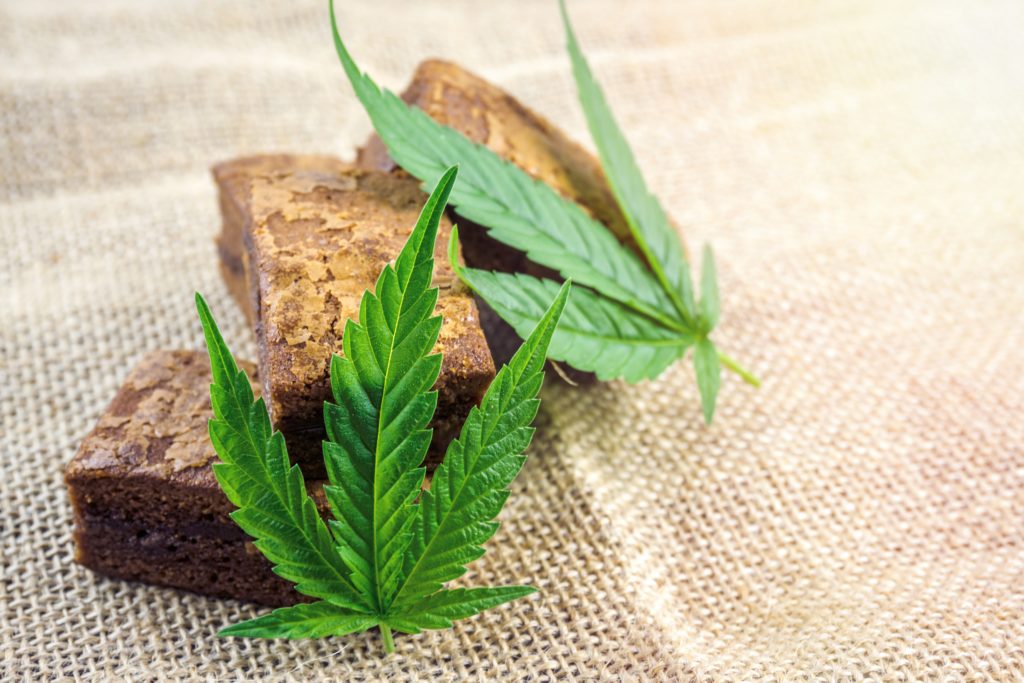Earlier this week, the US Food and Drug Administration (FDA) sent out warning letters to five companies illegally selling CBD-infused food and beverage products. While the agency didn’t specify why it targeted these five companies, the warning letters stated that they sell products “that people may confuse for traditional foods or beverages which may result in unintentional consumption or overconsumption of CBD.”
According to the warning letters, these products are considered adulterated under “section 402(a)(2)(C)(i) of the Federal Food, Drug, and Cosmetic Act (the FD&C Act), 21 U.S.C. 342(a)(2)(C)(i), because they bear or contain an unsafe food additive. Furthermore, it is a prohibited act to introduce…into interstate commerce under sections 301(ll) and 301(a) of the FD&C Act, 21 U.S.C. 331(ll) and 331(a).”
Currently, the use of CBD in food and beverage products is an unapproved food additive in the US. An ingredient is not a food additive, nor does it require premarket approval if it is generally recognized as safe (GRAS) by the FDA. While some brands have made self-determinations of GRAS, the agency stated that it is not “aware of any basis to conclude that CBD is GRAS for use in conventional foods.”
Related: Scientists Urge the FDA to Ban Red 3 Color Additive
The agency also cited safety concerns regarding accidental or overconsumption of CBD, as well as drug interactions. The FDA claimed that it received numerous adverse reports pertaining to CBD-infused food and beverage products. Of particular concern to the FDA are dosage formats that appeal to children such as gummies, hard candies and cookies.
Perhaps warning letters were sent out to these five companies since four of them sell CBD-infused candies or gummies. Several hemp businesses started marketing such products across the country after the crop and its derivatives were federally legalized under the US Department of Agriculture’s (USDA) 2018 Farm Bill.
Just this week, Truss CBD USA — a joint venture of the beer giant Molson Coors and the cannabis company HEXO Corp — announced that it will be exiting the US market because of the lack of federal regulatory certainty around the hemp industry. Other major brands like PepsiCo and Carl’s Jr. have dipped their toes into the hemp product market with various CBD-infused food and beverage products. It’s unclear if the FDA plans to expand its enforcement action in a way that would impact those product lines.
Stakeholders have strongly encouraged the agency to live up to its authority and provide guidelines and clarity for the industry. But it has largely limited its regulatory enforcement authority to sending warning letters to certain CBD businesses and denying cannabinoid marketing applications. In fact, the FDA has already issued several warning letters to companies using CBD in various products this year.
Meanwhile, the five companies that received warning letters have 15 days to respond to the FDA, explaining how they will address the issues raised in the letters. Failure to address the violations may result in legal action, including product seizure and/or injunction.












Join or login to leave a comment
JOIN LOGIN